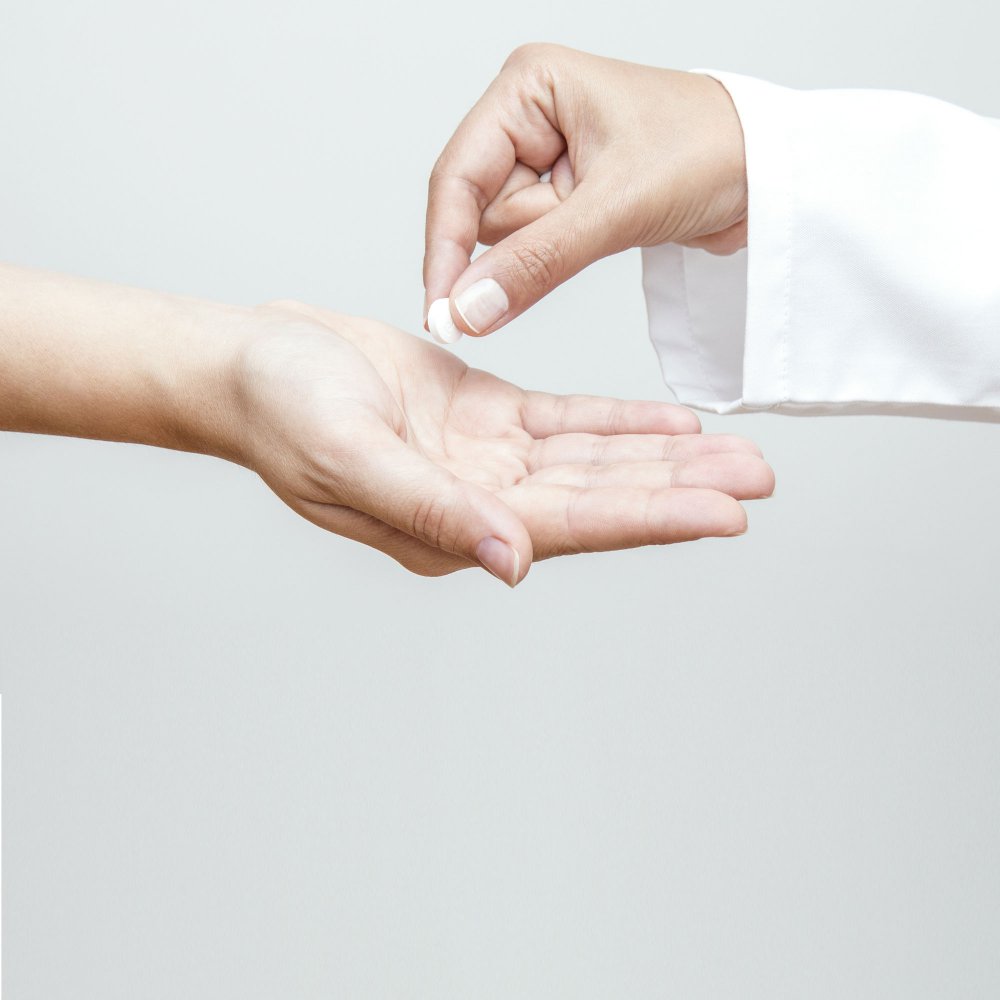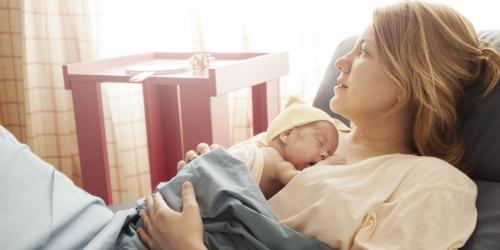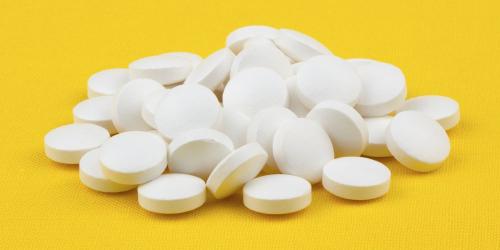"This subject is so horrible ... It's great that MC devotes an article to inform women of the risks of taking this medicine for their children. The confidence, a bit surreal, comes from the communication service of the National Agency for Drug Safety (ANSM). An organization currently implicated, with the Sanofi laboratory, before the Court of Bobigny (Seine-Saint-Denis), for not having properly informed the users of the antiepileptic Dépakine .
"We did not have to impose this horror," laments Angela, 37, one of the plaintiffs. Assistant at a hospital in the Creuse, she had to stop working to look after her daughter, born in 2003. The little one chained the hospitalizations, testifying to most of the symptoms of what is now called l valproate embryofoetopathy. "No one was able to explain why my daughter had so many problems," Angela recalls. Auxiliary school life, speech therapist, sessions of "neuro feedback" ... she called upon all means likely to help her child, without knowing what it was suffering. "In 2008, I thought of Dépakine, listening to a radio show about the problems with this medicine in England.
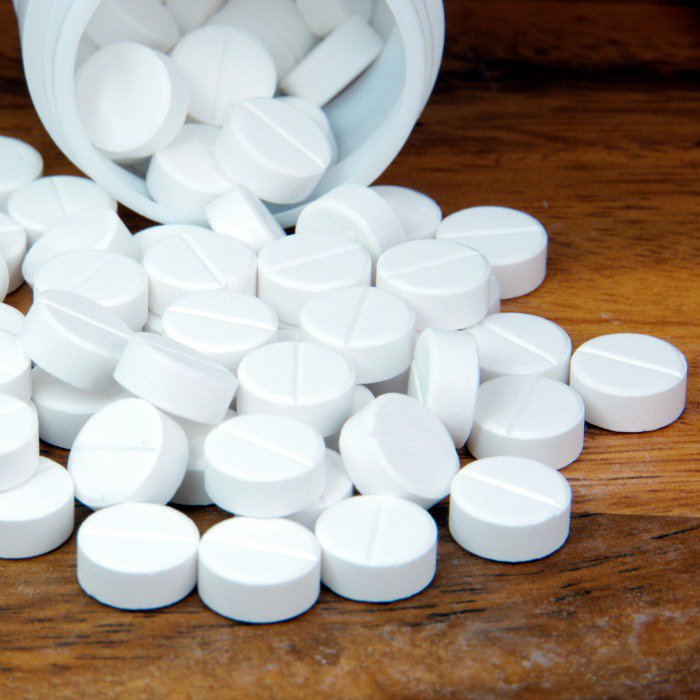
photo credit: istock
Collapsed, I had the feeling of having poisoned my daughter, but when I asked the doctors if there could be a link with my epilepsy treatment, I was told no, that there was no that a chance on a million that it is that. "The University Hospital of Limoges will eventually raise a suspicion of connection with the intake of Dépakine . A cause-and-effect relationship that the experts appointed by the court of Bobigny will now have to establish judicially.
Six other families are involved in this same court, but 450 have already set up a case to demand accountability in this case, which has become a vast health scandal.
Put on the market in 1967, sodium valproate - the learned name of the molecule constituting Depakine - was quickly perceived as a therapeutic revolution in the fight against epilepsy, a serious disease affecting about 1% of the population. It has been prescribed massively, allowing many patients to avoid seizures, and therefore to live normally. The problem is that it was not until 2015 that it was possible to read on its user guide that "children exposed in utero have a high risk of serious developmental disorders (intellectual and motor) and behavior ( up to 30 to 40% of cases) and / or malformations (approximately 10% of cases) ".
By its teratogenic effect (causing an abnormal development of the embryo), in almost one out of every two cases, a pregnant woman treated with Depakine will have her offspring affected: mental retardation, speech disorders, psychomotor or visual problems, facial dysmorphism, Autism ... The adverse effects are all the more devastating as the damage tends to accumulate. It would have been nearly fifty years before we discovered it - in any case, before drawing the consequences in terms of prescription and information.
Ingrid, a 39-year-old Francilienne, plans to lodge a complaint. His four children, aged 7 to 13, are affected, especially the last two, twins born in 2009. A girl, who proves to be suffering from dyspraxia (disease called clumsy children, which can be among others caused by a intellectual disability), and a boy diagnosed with autism at age 3. "The following year, as part of a genetic survey conducted by the hospital Robert Debré (in Paris, ed), I was told that the Depakine was responsible - with a probability of 99% but that we could never prove it, "says Ingrid.
Ingrid spends two years between guilt and fate, before hearing about the association Help parents of children suffering from the anticonvulsant syndrome (Apesac). "By learning that
many children suffered from the same problems as mine, and I began to fight those who ruined our lives. The truth must be known. "
Apesac was founded in 2011 by Marine Martin, mother of two children with malformation. After discovering only on the Internet that the Dépakine was probably the cause, she modeled on an association of British parents, pioneer in the field. The pneumologist Irène Frachon, whistleblower for the Mediator, was her other source of inspiration. "She made me understand that through image and the media, you could reach the lab by revealing the scandal. So I appealed to his lawyer, who masters both the right of the drug and the universe of
the press. "Engaged personally in several legal proceedings, Marine Martin attracted to the association some one thousand and two hundred families who recognized themselves in its history.
By joining forces with the English association which had led to a large-scale study, Apesac also contributed to the adoption by the European Medicines Agency of a new care protocol in October 2014. The one that led to the 2015 notice. "Only the action of associations has really re-evaluated the risk, says Marine Martin. The laboratory has always tried to minimize it. He began to inform at a low dose as generics were coming onto the market and he was going to make his drug less profitable. "

photo credit: getty images - Oppenheim Bernhard
The media give the alert
At Sanofi, one insists on pleading neither guilty nor responsible. "As science evolves to identify the potential side effects of using valproate during pregnancy, Sanofi has always been proactive in updating information," says Pascal Michon. , his medical director. It ensures that each new identified risk has been notified in the "summary of characteristics" of the product, intended for prescribers, and deplores a registration period of three years (from 2003 to 2006), attributable to the French Medicines Agency, for neurodevelopmental delays, the most massive. They were only mentioned in the package leaflet of the drug in 2010. And if the scale of the risk will be truly revealed in 2015, we waited until 2011 to say: "you should not take this drug if you are pregnant or of childbearing age, unless your doctor tells you otherwise. "
In a report published last February, the General Inspectorate of Social Affairs notes "a lack of responsiveness" health authorities and laboratory Sanofi. He notes that alerts have been driven more by media signals than by pharmacovigilance data and scientific publications. It is also noted that a French "implicit doctrine" consisted of not alarming patients in order to avoid stopping treatments, a real risk in terms of epilepsy, whose crises can be fatal. The burden of information thus fell on the prescribers. A point that Sanofi points out, sending the ball back to the doctors.
Mental delays
Has the medical profession failed? The neurologist Philippe Derambure, president of the French League against epilepsy, assures that no, at least as far as his confreres are concerned. "It has been known for twenty years that this drug should not be prescribed as a first-line drug in case of pregnancy. The problem is that 90% of epileptics are not followed by a neurologist, so the information does not go well.
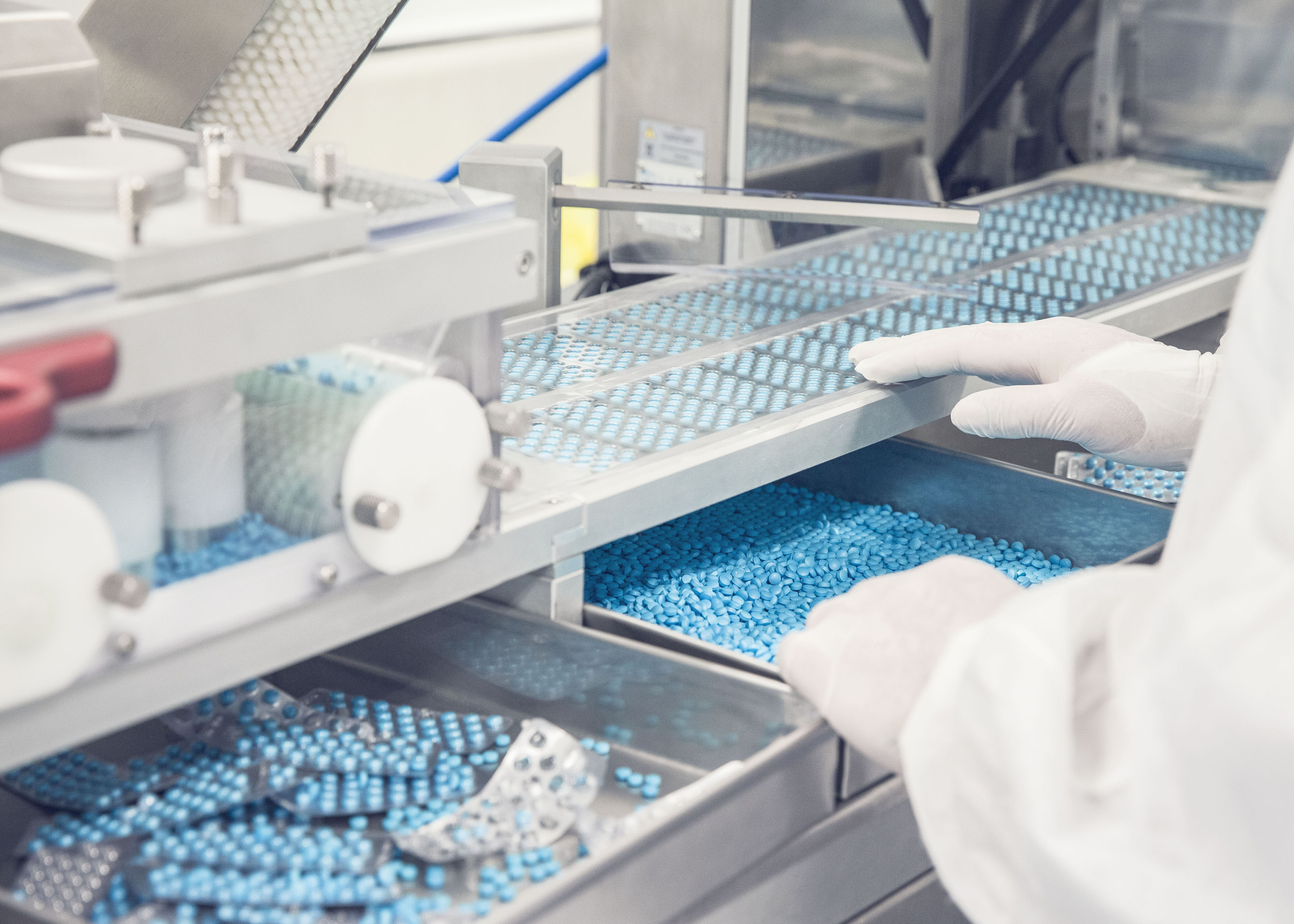
photo credit: getty images - PhotoAlto / Sigrid Olsson
But the risk has always been identified. Not Anne, a school restorer of 45 years, also mother of twins, born in 2007 after eleven inseminations and four in vitro fertilizations (Fiv), who suffer from autistic disorders among others. "The neuro logue only told me to distribute the doses of Dépakine: morning, noon and evening. Anne is very far from being the only one to have consulted a neurologist who left her under Dépakine during her pregnancy, seeing no particular problem and seeking no alternative. She, like many women who joined Apesac, practiced one or more Fiv. It must be said that anti-convulsants are also suspected of causing infertility.
"The argument of the doctor who knows nothing about it does not hold because we are facing pregnancies very followed by neurologists and gynecologists, with no specialist to transmit information, notes Charles Joseph-Oudin, the lawyer of Apesac, strong of his hundreds of files. It's always the same story: we only talked about the risk of spina bifi da, a malformation that can be seen on ultrasound, with the possibility of an abortion. So we continued the Dépakine. "
Always the most effective medicine to treat epilepsy, or even the only one in some cases, Depakine was granted, until 2015, the benefit of the doubt as to its risks concerning mental retardation. It was preferred to avoid those inherent in seizures in patients. Warning signals have been muted, under the guise of scientific uncertainty. The result will now amount to thousands of victims. "We were forced to have children with disabilities, and that's the risk I would not have liked to take," said Marine Martin.
If I had been informed, I would have preferred to adopt or have a surrogate mother. Many women were willing to stay in bed for nine months in order to avoid any crisis problem rather than live this nightmare. But we were not given the choice. Today, the information is over, but remains the question about the bankruptcy of a pharmacovigilance system that took nearly fifty years to do its job, plunging most victims between oblivion and prescription. But when we put the question to the French health authorities, the answer does not come. We do not go beyond the communication service.
